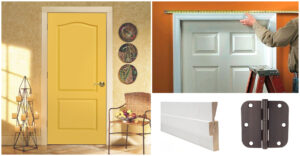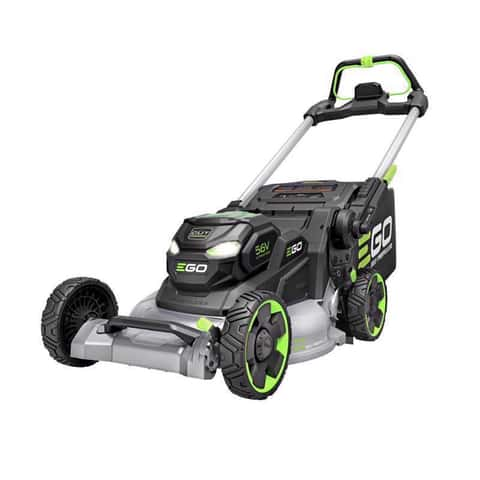
Introduction
Are you suffering from the habit of snoring? However, snoring is not a habit. Instead, it is a medical condition in which an individual produces harsh sounds during sleeping. It happens because the air flowing through the nose and mouth during breathing gets obstructed. It is an irritating situation for your bed partner and a disorder that can have dangerous consequences for your health. It is severely damaging the sleep cycle of individuals. Therefore, this article presents a guide to anti snoring devices for sound sleep.
Different types of anti-snoring devices
- Nasal Strips- It is the simplest way to reduce snoring. These strips gently widen the nasal passage to relieve nasal congestion. It eventually helps in reducing snoring. Nasal strips are like self-adhesive tape strips that can be attached to the bridge of the nose. These strips pull the nostrils apart to clear the pharyngeal airway. This leads to the removal of the obstruction to the airflow. Thus, it reduces snoring.
- Nasal Dilators- These create negative pressure and partially collapse the pharyngeal airway to provide an obstruction-free airflow while breathing. Nasal dilators are made up of plastic or metal. They push the nostrils open during sleep. In this way, they decrease the chances of snoring.

- Chin Straps- Opening the mouth after falling asleep is common in humans. However, this leads to the process where the individual starts breathing from his mouth. The chin straps confer the backward movement of the jaw to prevent the opening of the mouth. Thus, it decreases snoring by allowing a smooth nasal passage for breathing.
- Vestibular Shield- This device promotes nasal breathing by obstructing the airflow through the mouth. A vestibular shield is an anti-snoring device made up of plastic. It is fitted inside the mouth to block the airflow through it. Thus, it reduces snoring by conferring a clear nasal passage for airflow during breathing.
- Mandibular Advancement Devices (MAD)- It prevents snoring by preventing vibration from occurring at the tongue’s base during breathing. They push the tongue and the jaw forward to provide more space for airflow in the pharynx. Thus, it reduces snoring.
- Tongue Retaining Devices (TRD)- It holds the tip of the tongue in place to reduce snoring. It also has orifices to promote breathing through the mouth during nose blockage.
Conclusion
All of these devices help to reduce snoring. They can be customized based on the preference of the individual. They can efficiently improve sleep. They are portable and convenient to use. These devices can be easily worn by the individual and do not require exceptional help from the medical staff.






